If you've been hit with an unexpected popup telling you to verify your age on YouTube, you're not alone. What started as a limited test is now a broad rollout affecting users across the platform. That rapid expansion means millions more people are suddenly subject to algorithmic age checks that can reshape what they can watch.
YouTube's AI-powered age verification system is guessing how old you are from your activity. If it guesses wrong, well, that is your problem to solve.
Let's unpack why you might be treated like a teenager when you're clearly not.
What this means for the YouTube ecosystem moving forward
The initial machine -learning-powered technology rolled out to a small set of U.S. users, was monitored, then expanded. YouTube says it has used machine learning to estimate ages in other countries "for some time, where it is working well," though it has not released public accuracy data.
For creators and everyday viewers, this is a shift in how YouTube works. The platform is essentially running a prove you are an adult policy, or it treats you like a child. The goal is child protection, the burden lands on users who must untangle misfires caused by patterns in their viewing.
This is not a temporary pilot. As more states require age checks and international rules expand, similar systems will show up on other big platforms. The real question is whether they become more accurate and less invasive, or whether proving your identity simply becomes routine.
The precedent reaches beyond age checks. If platforms can use AI to assume your demographics and require you to disprove them, the implications for privacy, anonymity, and online freedom are substantial. What we're witnessing is not just a technical rollout, it is a shift toward a more surveilled internet where your browsing history becomes evidence in an algorithmic case about who you are.
If you are stuck in this system today, your options are limited: provide the documentation, live with the restrictions, or move to another platform. That choice lays bare the tension between regulatory protection and individual privacy, a balance that will likely define the next phase of internet rules.




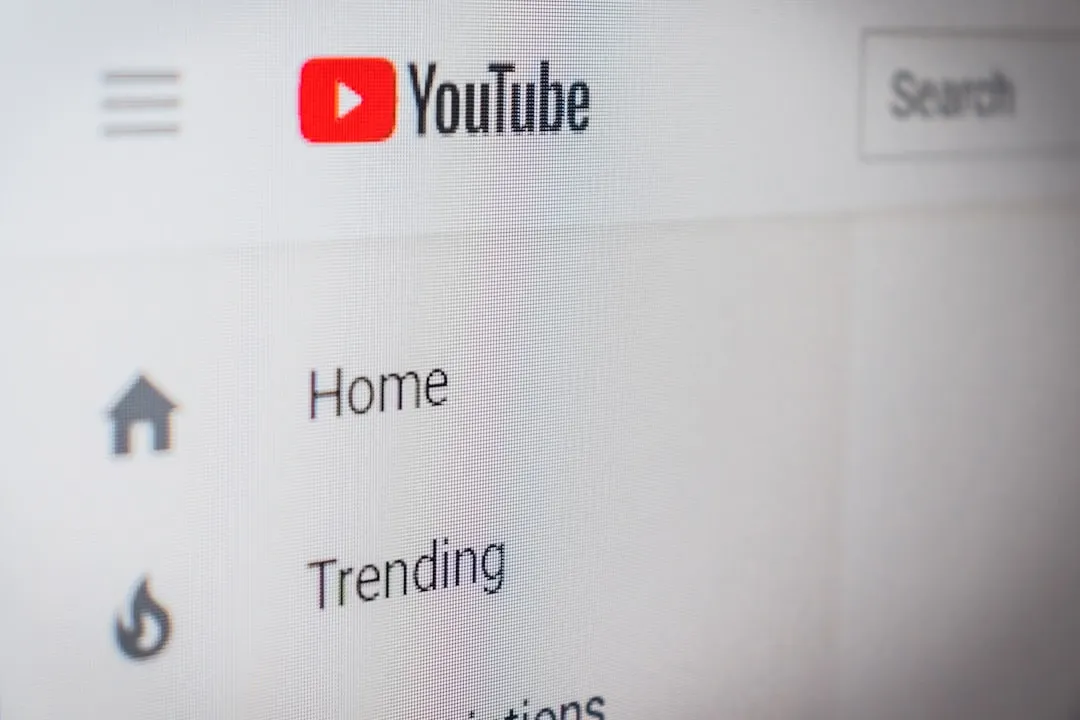
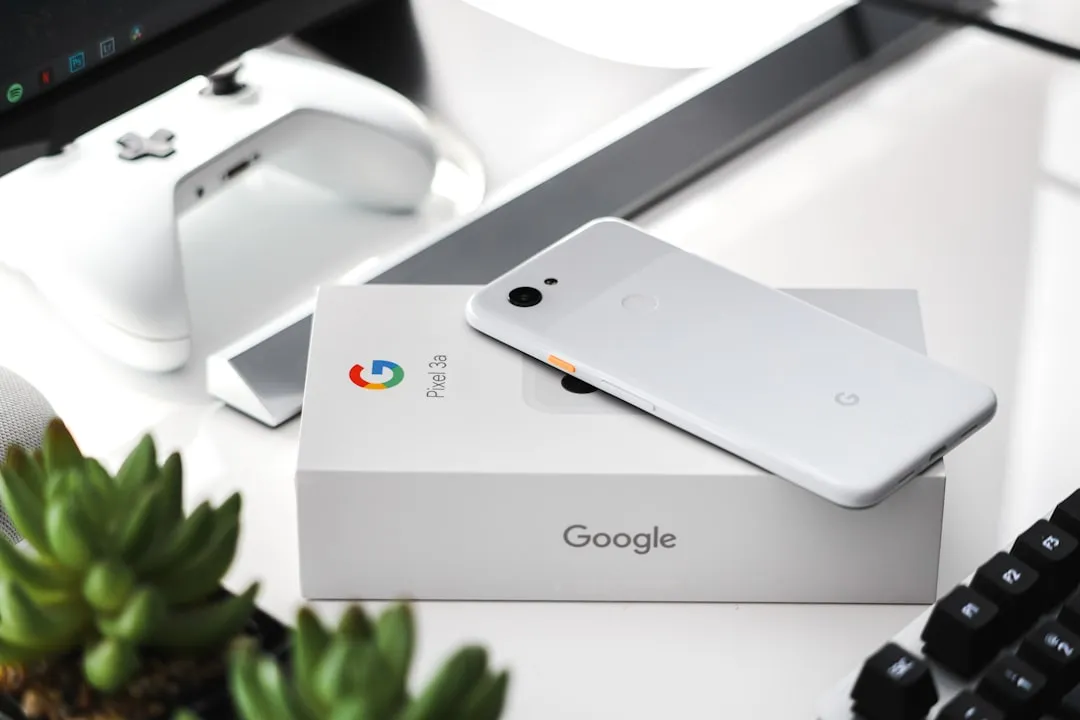





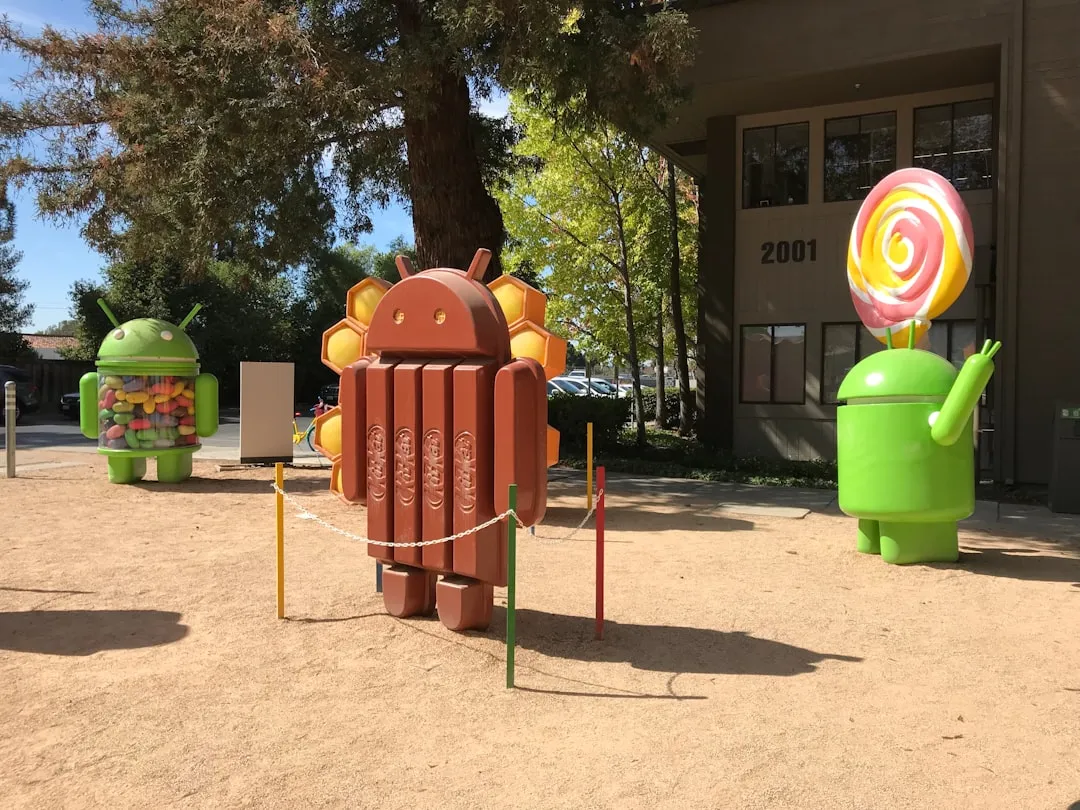
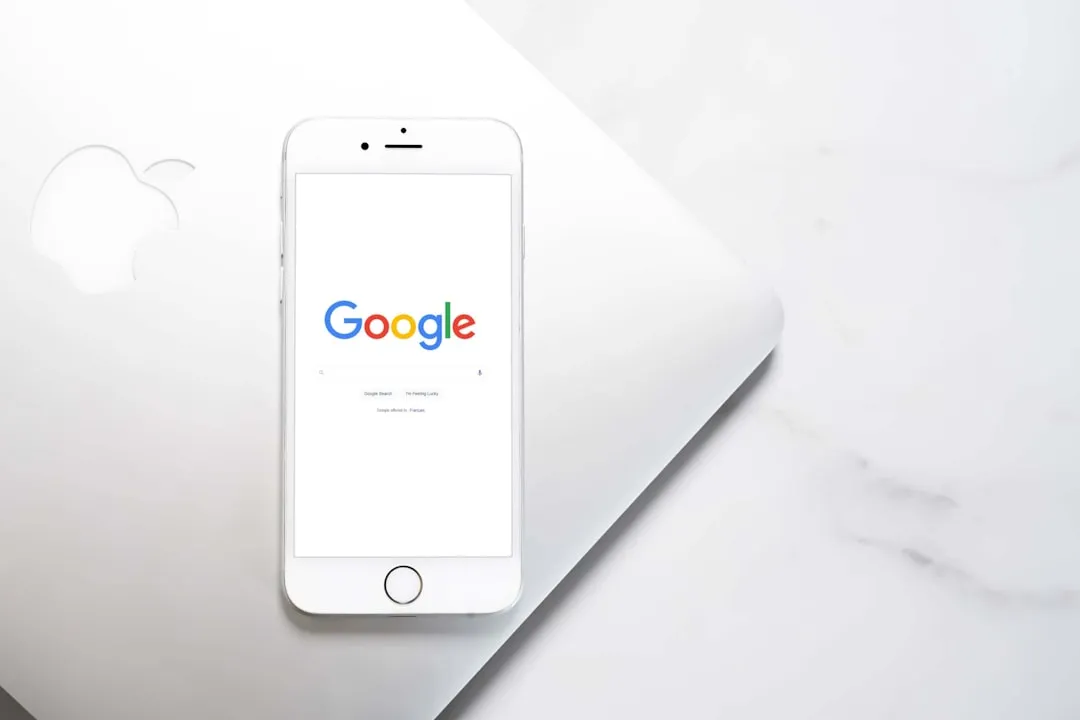


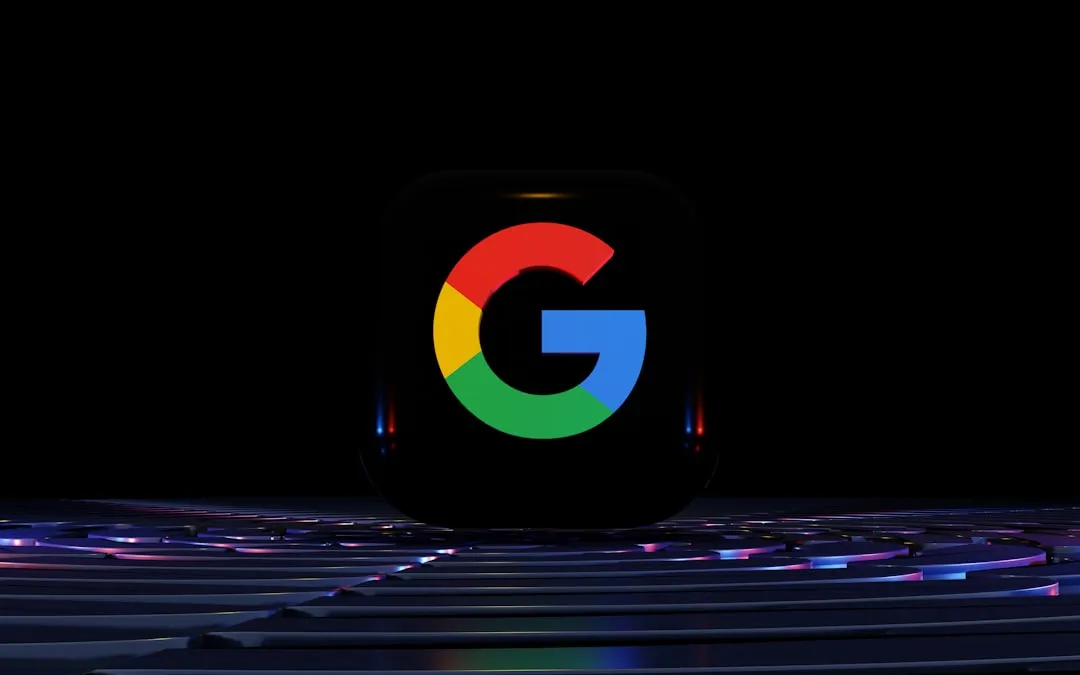




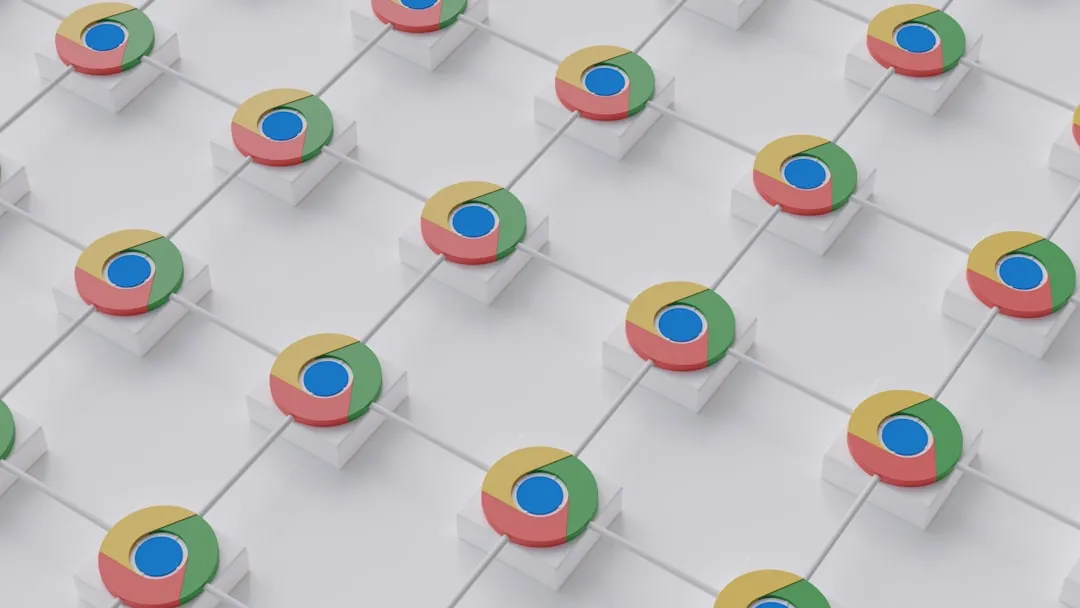
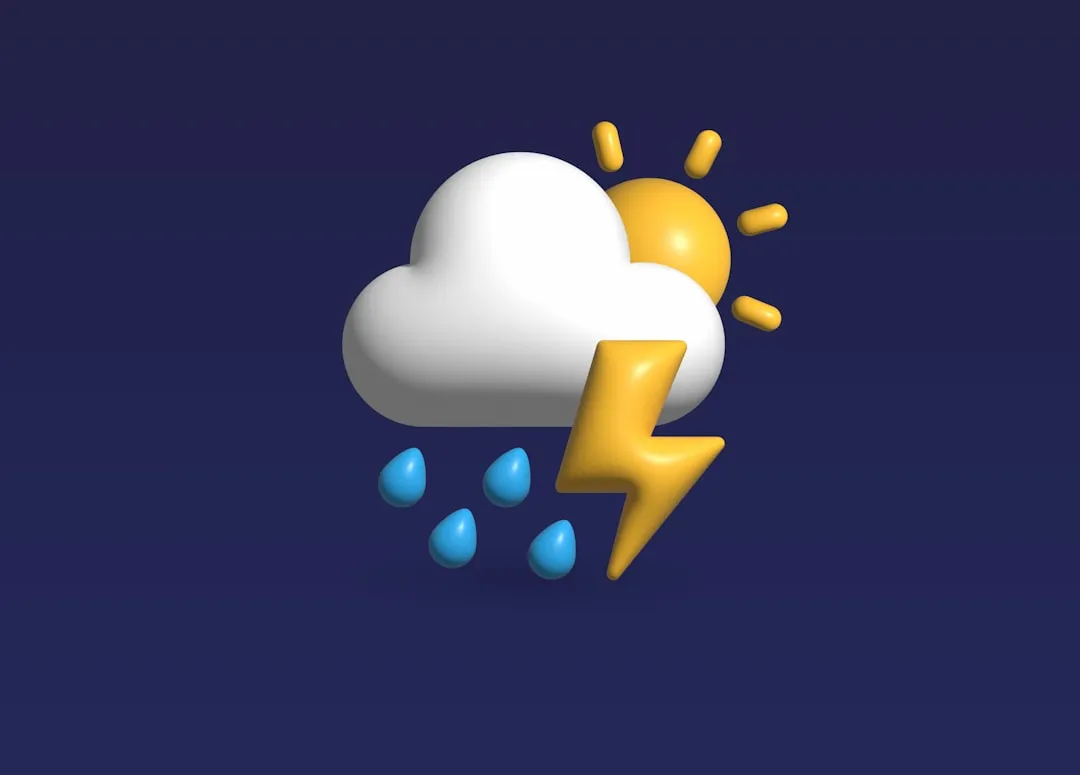
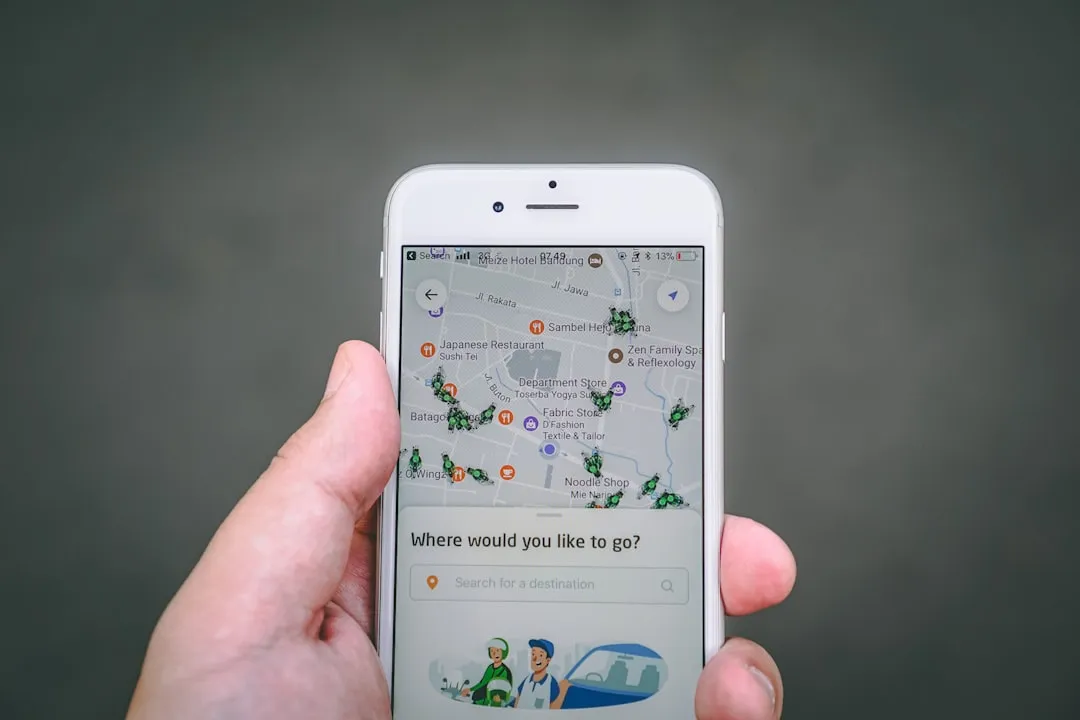


Comments
Be the first, drop a comment!